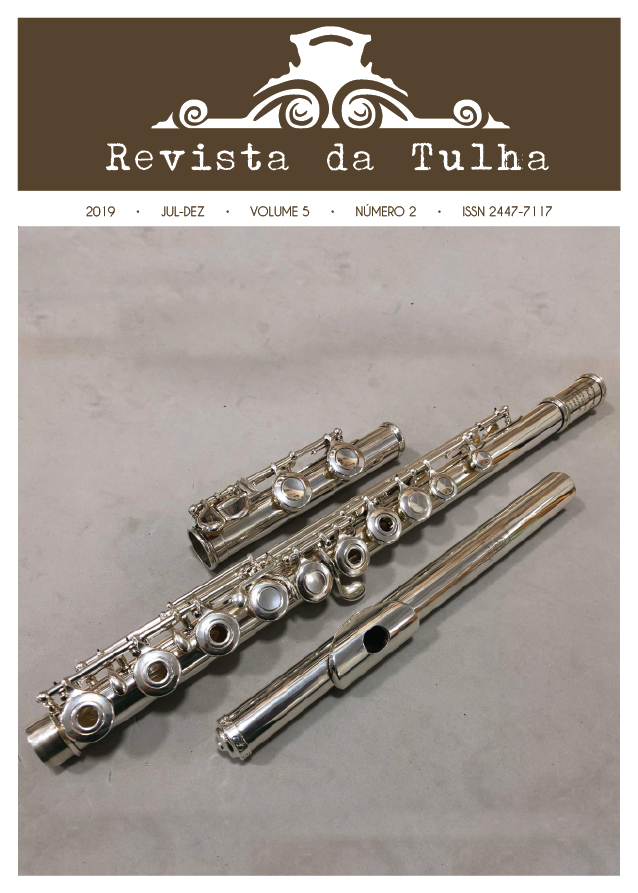Vol. 5, n. 2
DOI:
https://doi.org/10.11606/issn.2447-7117.rt.2019.167275Keywords:
VIIIth EMRP, Musicology, The music and the Arts in the universityAbstract
This Vol. 5, n. 2 from RT brings three works that were presented at the VIII Ribeirão Preto Musicology Meeting (VIII EMRP, August 22 and 23, 2019), A Música e a Artes na Universidade: publish or perish ?, which was supported by FAPESP and brought as keynote speakers John Rink (Cambridge) Aloysio Fagerlande (UFRJ), Paulo Chagas (UCR), in addition to the teachers of the house Fernando Corvisier and Rubens Ricciardi. The works published in this issue were the lectures given by Chagas and Fagerlande and a communication by Bock et alii.
Downloads
Downloads
Published
Issue
Section
License

This work is licensed under a Creative Commons Attribution 4.0 International License.
Authors retain copyright and grant the journal the right to first publication, with the work licensed under the Creative Commons Attribution License CC-BY-NC:
This work is licensed under a Creative Commons Attribution 4.0 International License.



